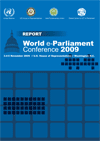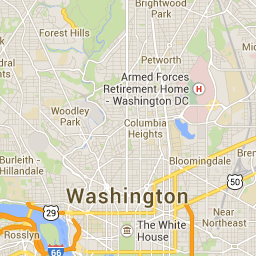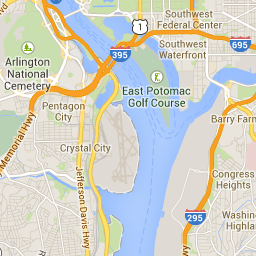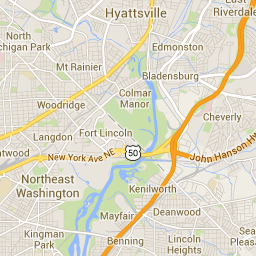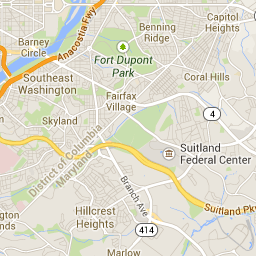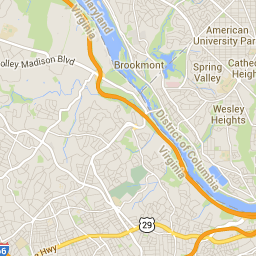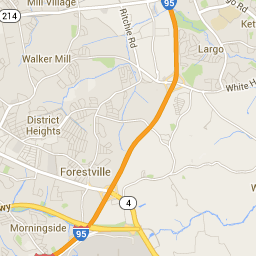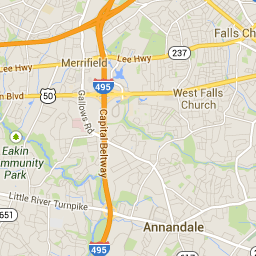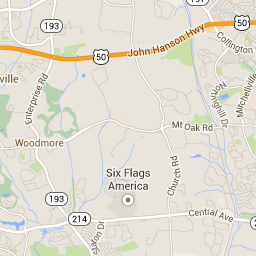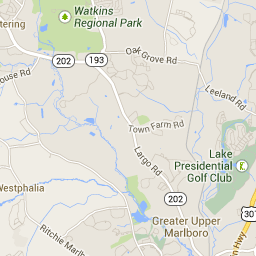
World e-Parliament Conference 2009
Date:
Tue, 03/11/2009 - Thu, 05/11/2009
Organization:
Inter-Parliamentary Union, U.S. House of Representatives, Global Centre for ICT in Parliament
Email:
info@ictparliament.org
Background The World e-Parliament Conference is the annual forum of the community of parliaments addressing, from both the policy and technical perspectives, how the use of information and communication technology can help improve representation, transparency, accountability, openness, and effectiveness in the complex parliamentary environment. The World e-Parliament Conference 2009, took place on 3, 4 and 5 November 2009 at the U.S. House of Representatives in Washington, D.C., was built on the results of two previous conferences held respectively in Geneva (2007) and Brussels (2008), as well as on the findings of the World e-Parliament Report 2008. The 2009 event was co-organized by the United Nations, the Inter-Parliamentary Union, the U.S. House of Representatives and the Global Centre for ICT in Parliament. At the conference, members of parliaments, secretaries-general, parliamentary staff and officials, experts from international organizations and academics who work and deal with information and communication technologies in legislatures had the opportunity to analyze good practices, exchange views on latest trends and institutional developments, learn from each other’s experiences, network with peers, and build partnerships in an international setting. Structure and topics of the Conference The World e-Parliament Conference 2009 lasted two and a half days,
starting at 2 p.m. on Tuesday, 3 November 2009 and ending in the late
afternoon of Thursday, 5 November 2009. The three plenary sessions touched upon the following topics:
The first two sessions took place in the afternoon of the first day,
while the third preceded the conclusion of the conference in the
afternoon of the last day. General sessions:
Specialized sessions:
In all sessions there was a focus on the point of view of constituents and their engagement with the institution of parliament. During the World e-Parliament Conference 2009, the preliminary
results of the Global Survey on ICT in Parliament were presented, along
with guidelines and tools developed to help parliaments assess and
improve their technological level. The conference also served as a
platform to identify and agree upon future goals and targets for the
international community of parliaments and to provide inputs to the next
World e-Parliament Report 2010. Participants More than 450 participants attended the World e-Parliament Conference
2009, representing parliamentary assemblies from around the world.
Delegations including parliamentary Leaders and members with
decision-making power over the information and communication policies of
the legislature, secretaries-general and clerks with management
responsibilities over legislative processes and organizational matters,
directors of ICT departments and information services, parliamentary IT
staff and experts, as well as representatives of international
organizations, the donor community, and academia. Languages The working languages of the conference were English, French and Spanish. Location
Capitol Visitors Centre (CVC), U.S. House of Representatives
First Street NE at East Capitol Street NE.
Washington, DC
United States
See map: Google Maps Location |
|
|
